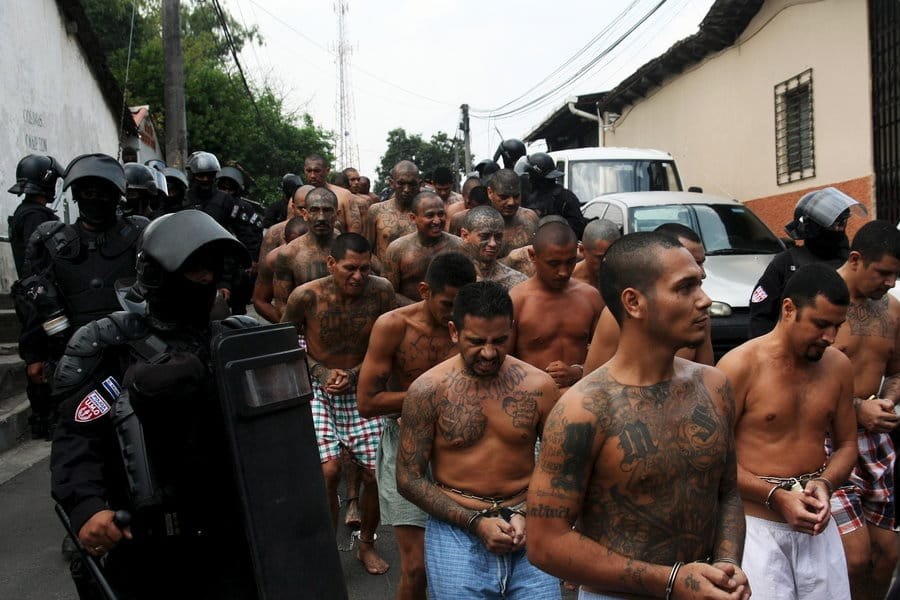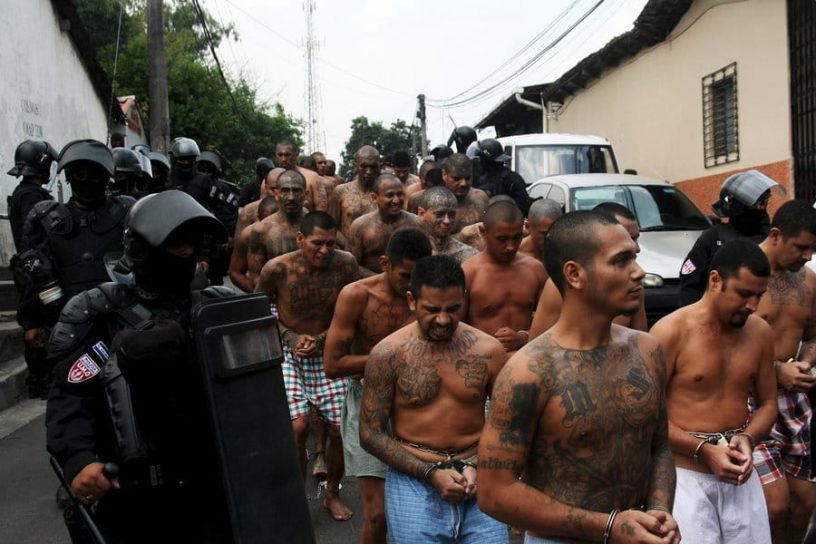
Exploring the cases of Colombia and Brazil, which have long histories of gang activity, organized crime, and violence, this paper analyzes why tough on crime policies remain popular in some Latin American countries despite the decades of research criticizing these strategies.
Authors
Sebastián Cutrona, Associate Professor, Jindal School of International Affairs, O.P. Jindal Global University, Sonipat, Haryana, India.
Jonathan D. Rosen, Holy Family University, Philadelphia, Pennsylvania, USA.
Summary
There are many scholarly works focusing on organized crime and violence in Latin America. Scholars have shown empirically that tough on crime strategies have had collateral damages and have not been effective.
By conducting logistic regression models using individual country survey data, this work seeks to analyze why tough on crime policies remain popular in some Latin American countries despite the decades of research criticizing these strategies.
This article explores the cases of Colombia and Brazil, which have long histories of gang activity, organized crime, and violence. These countries also have elected presidential candidates who campaigned on iron fist strategies.
Published in: Trends in Organized Crime
To read the full article, please click here.


